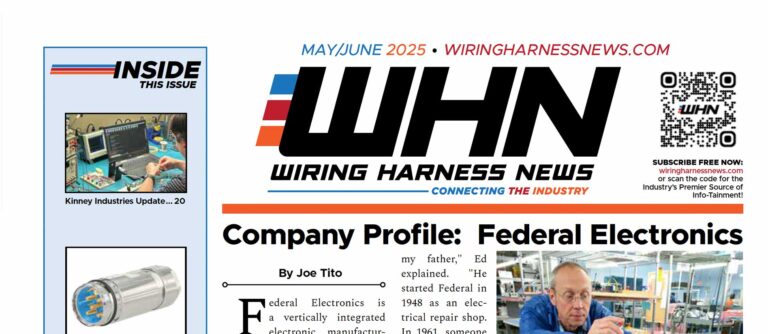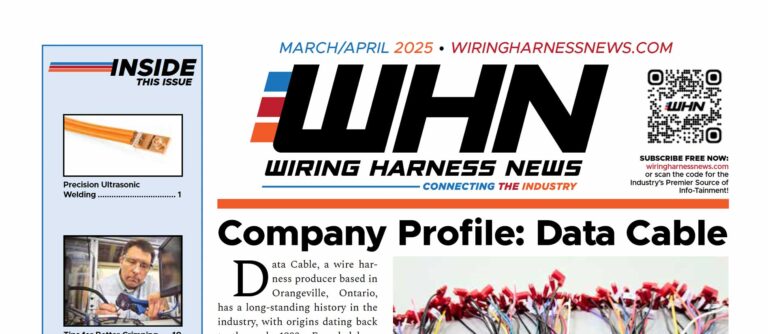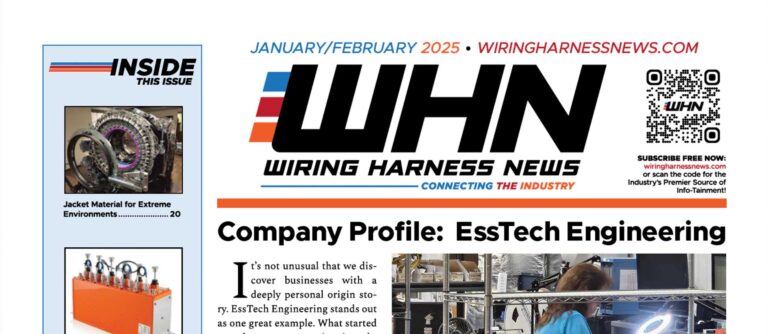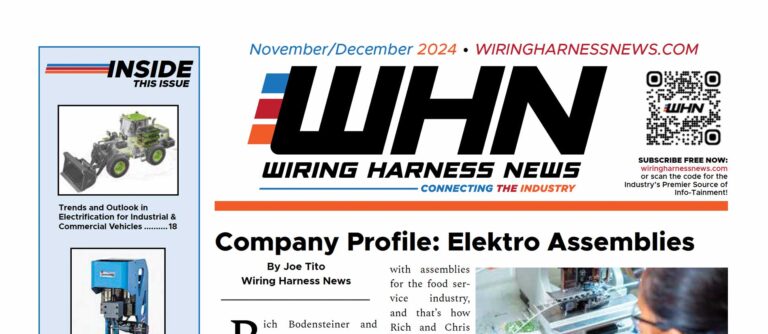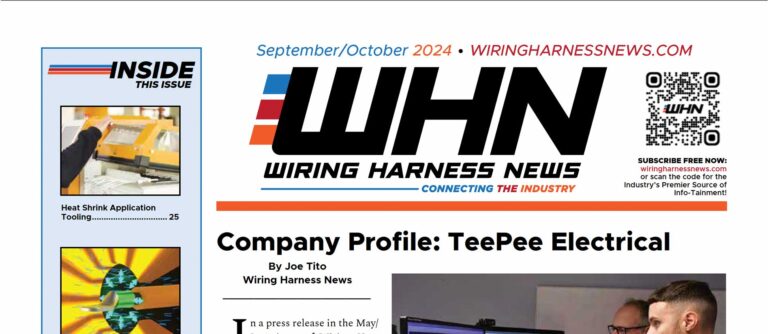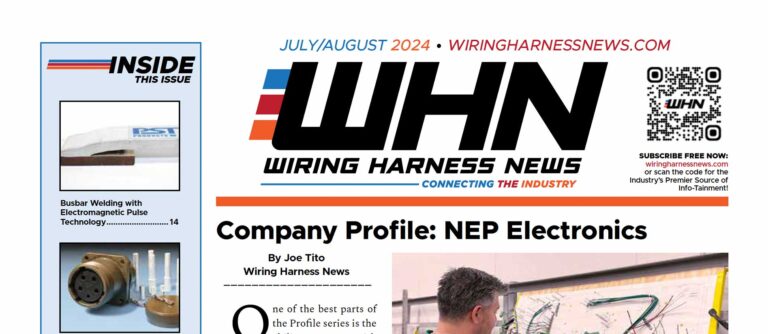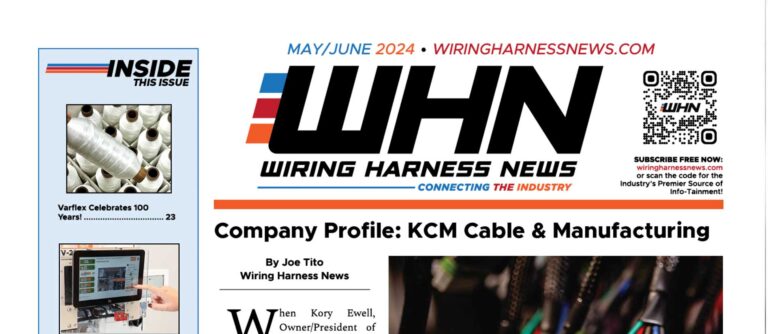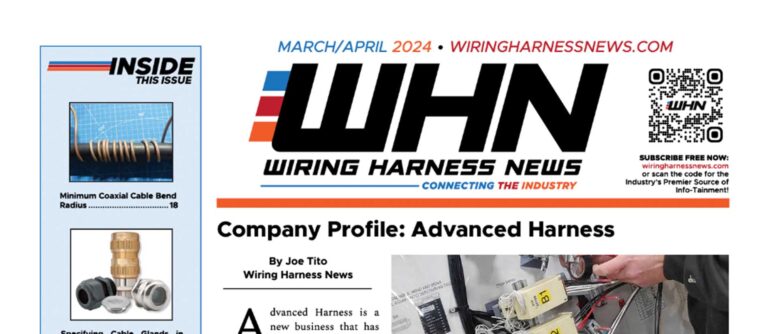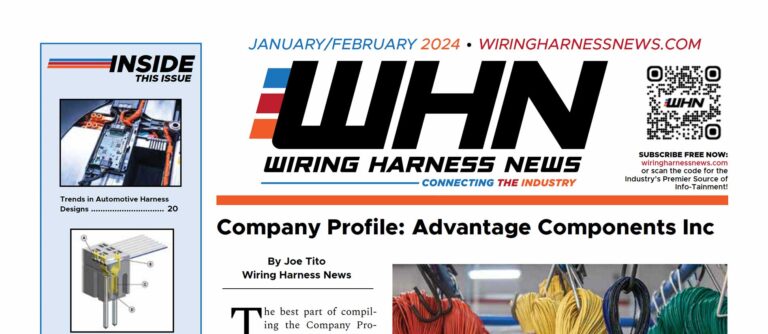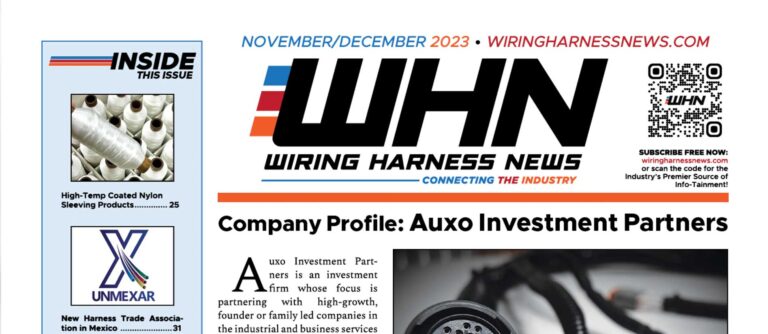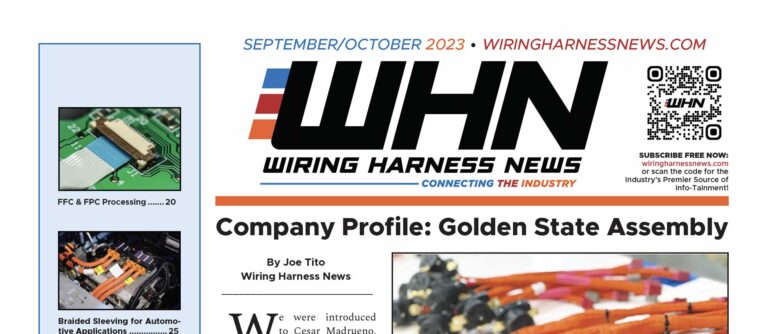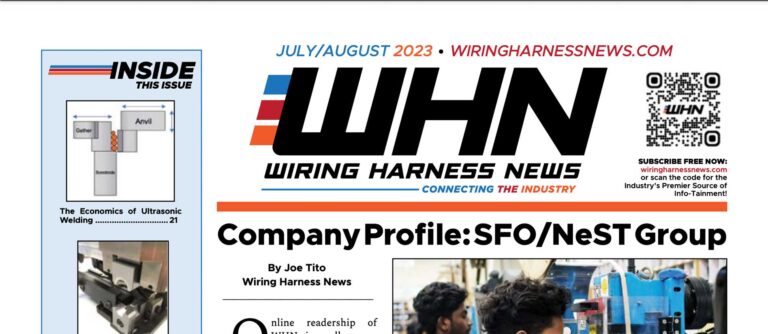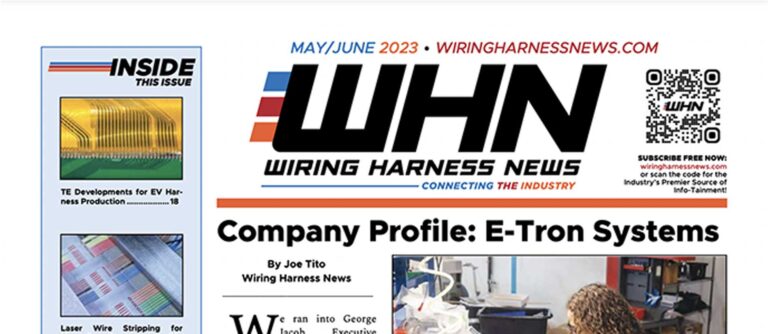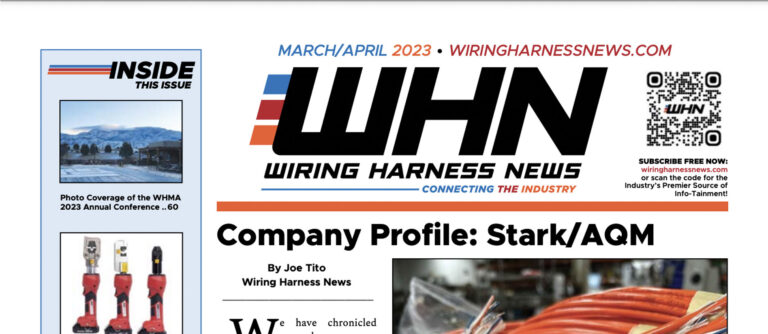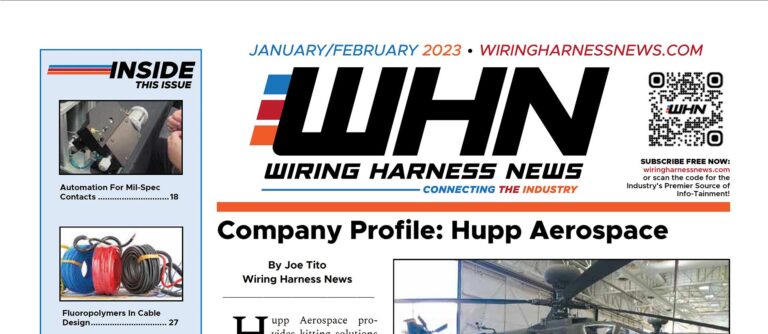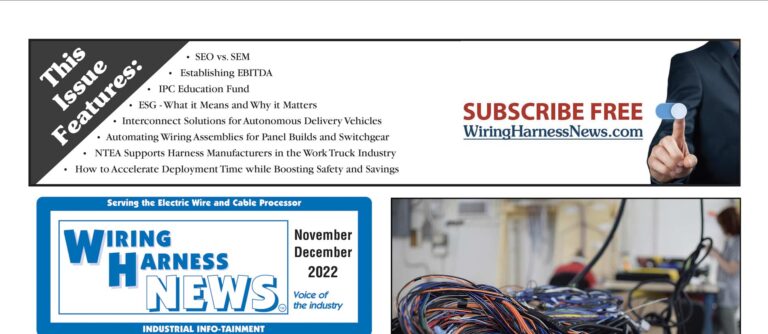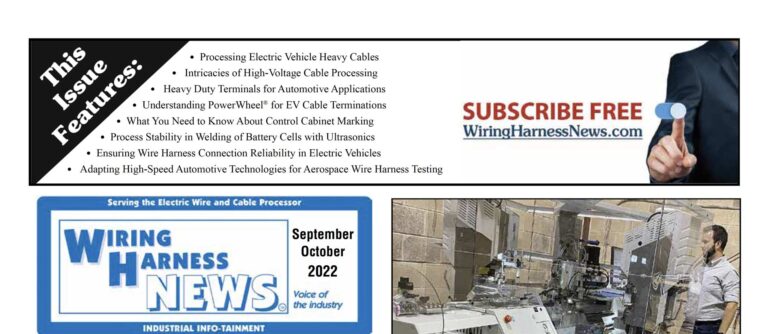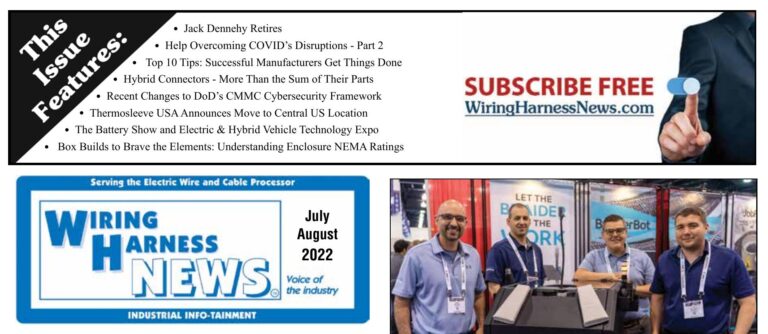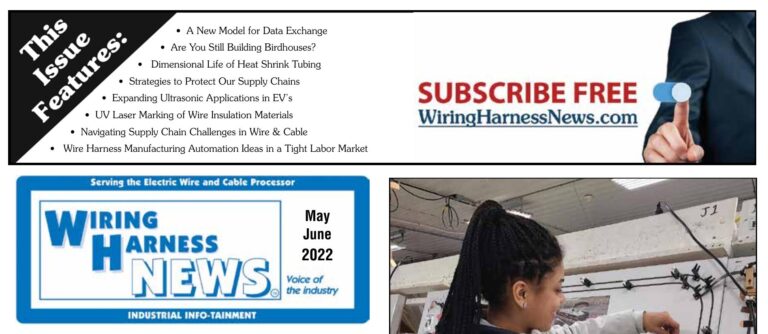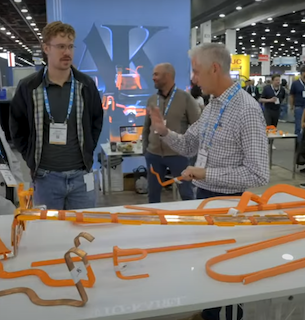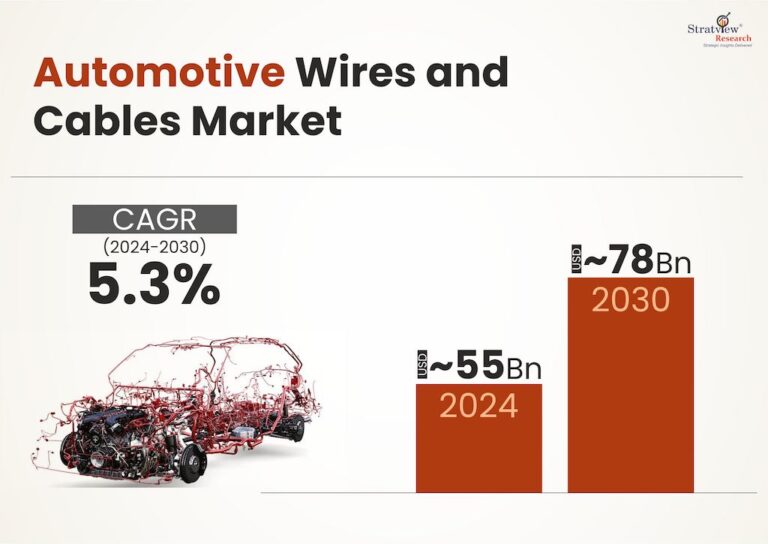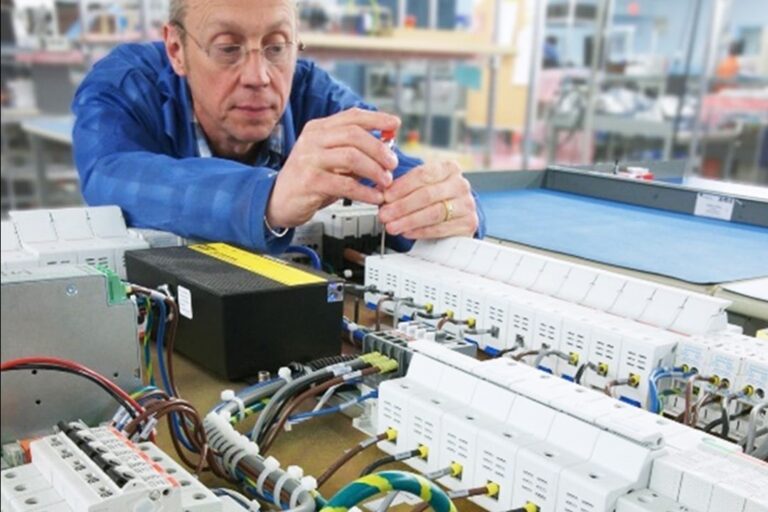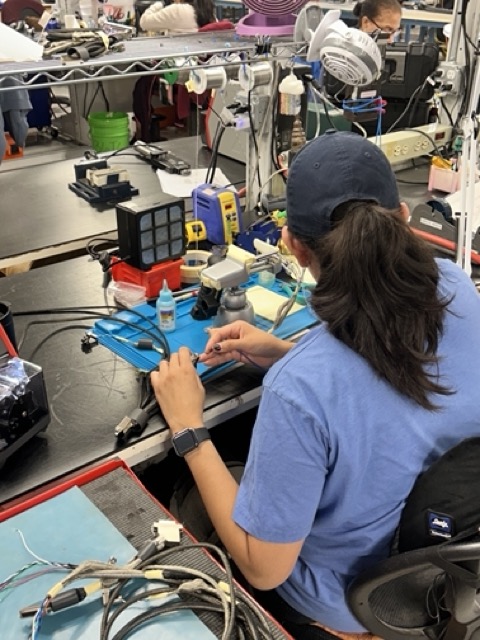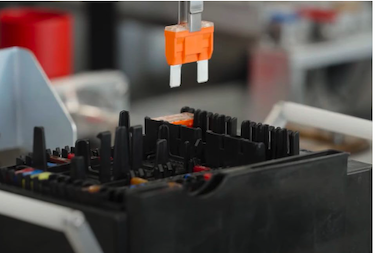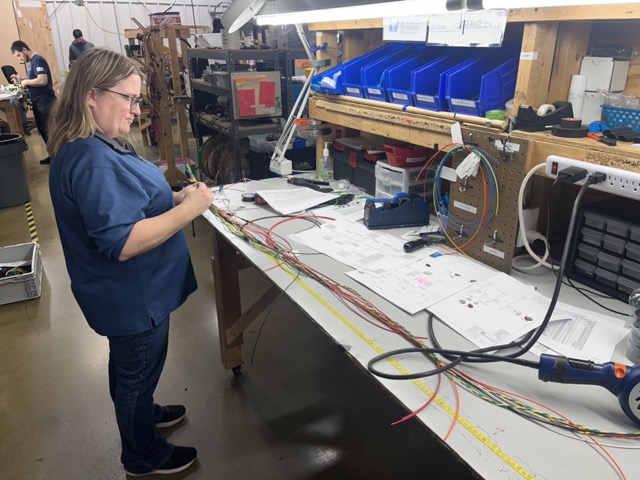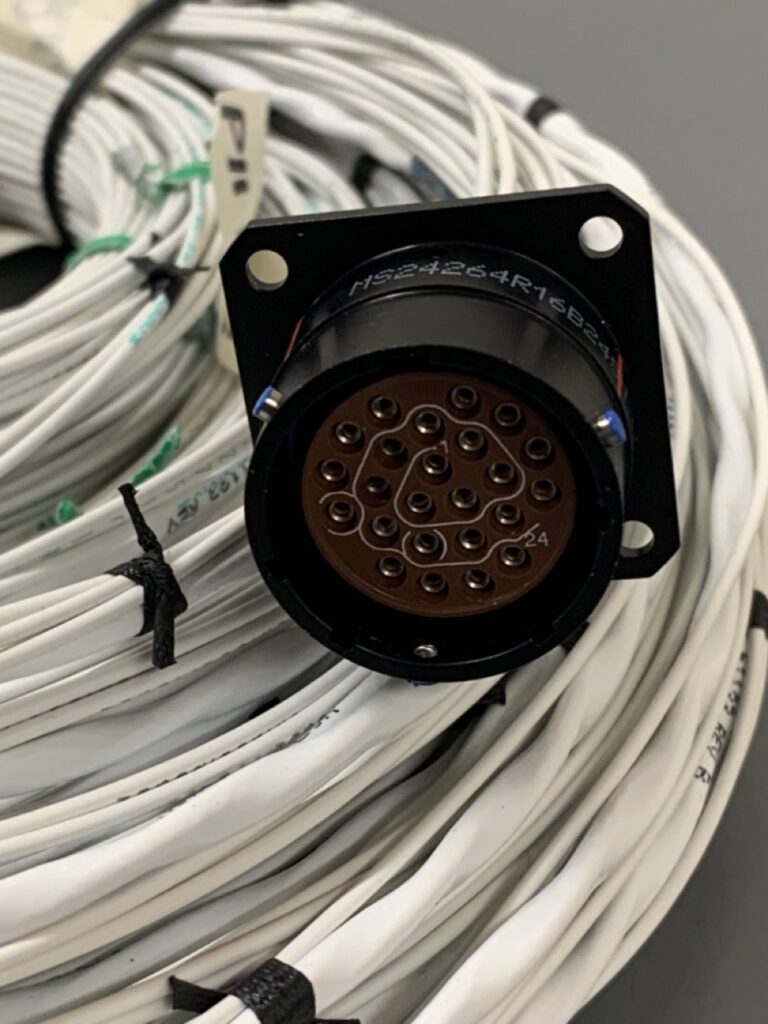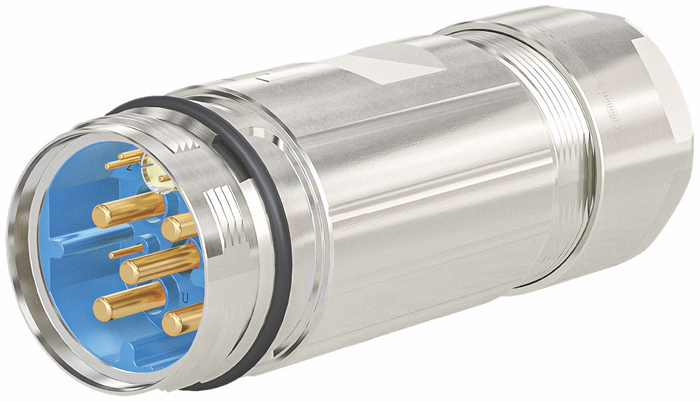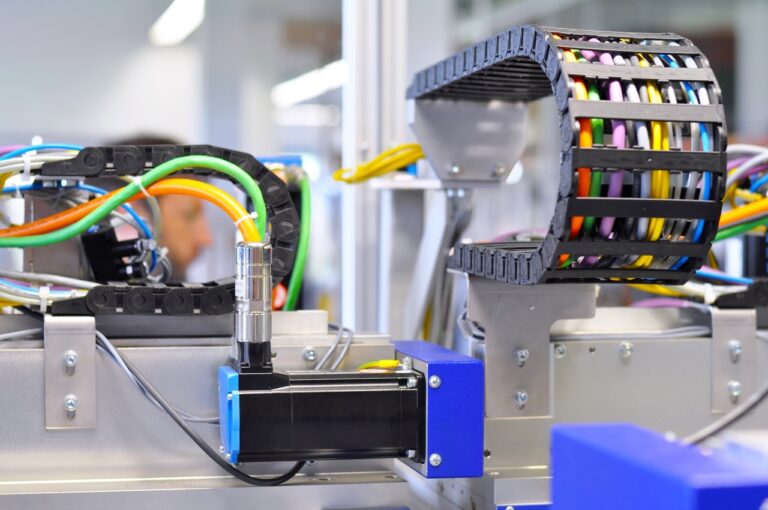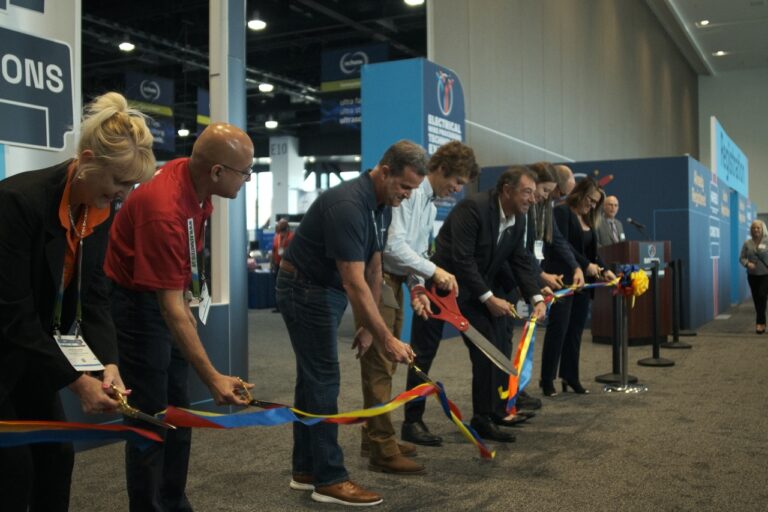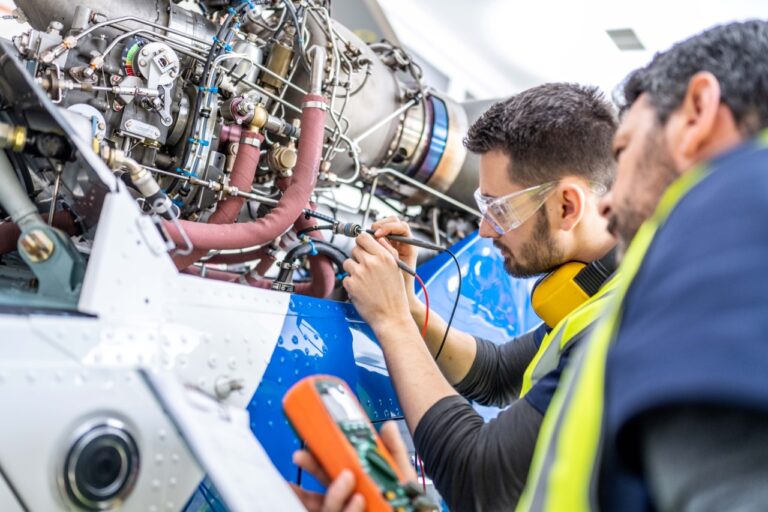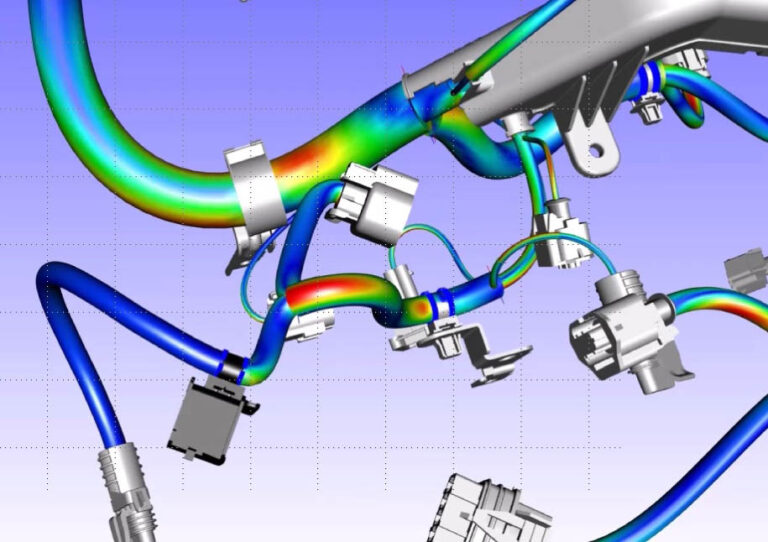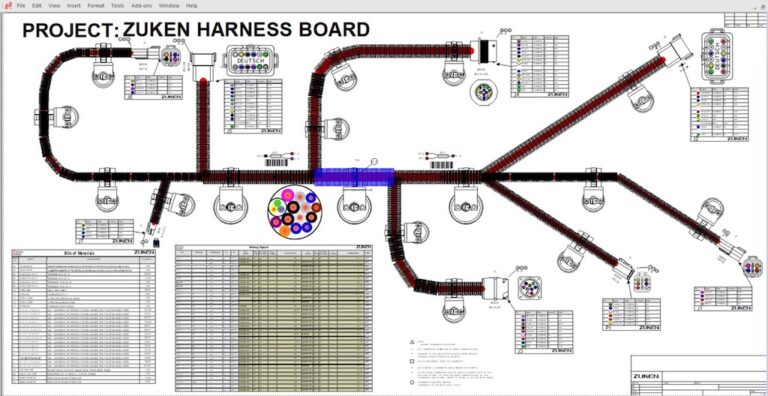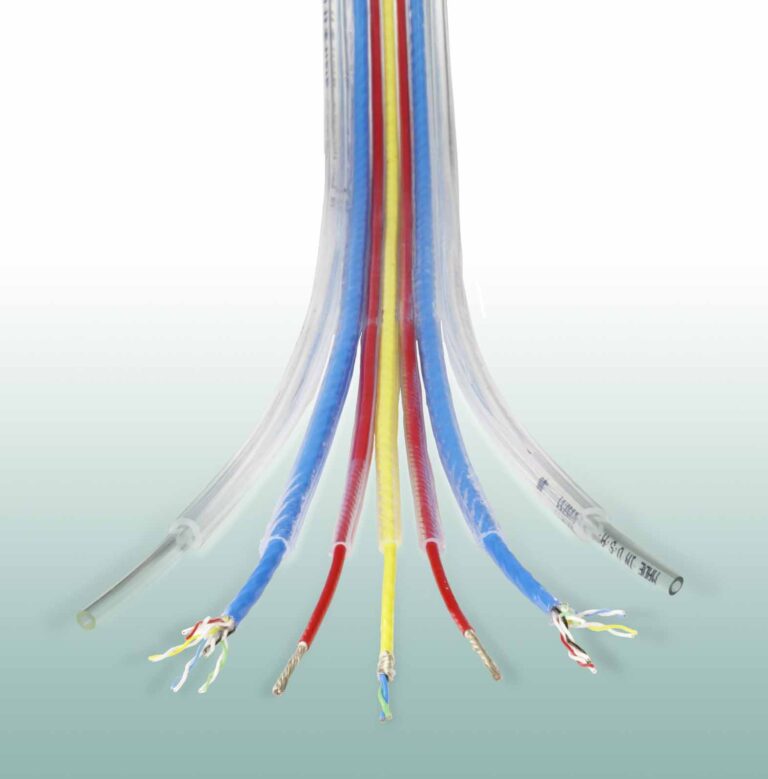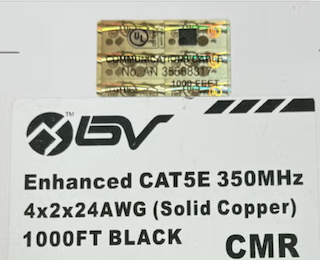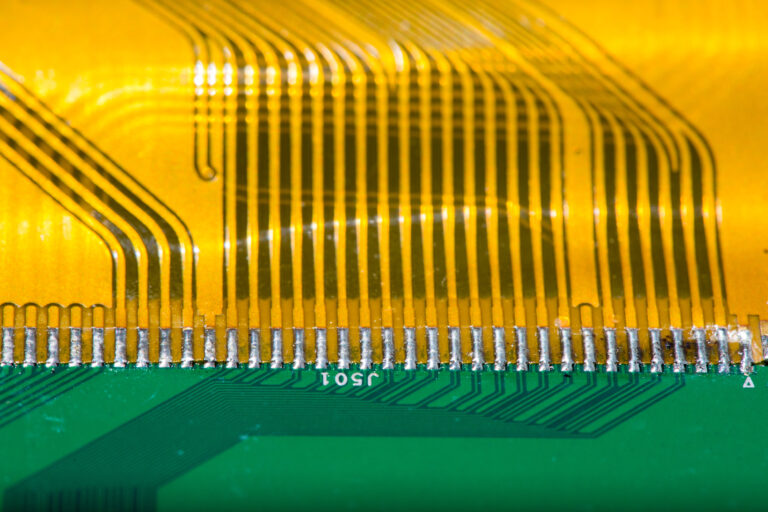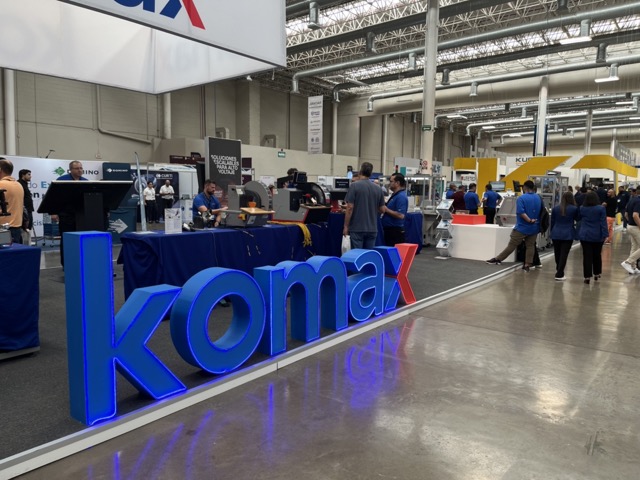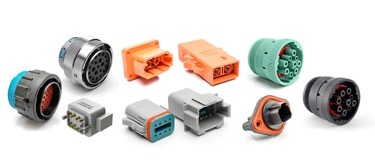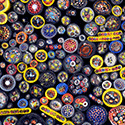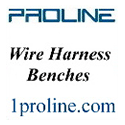By Rob Iversrud, Product and Category Manager, Waytek
Note: This article is based on information from the webinar “Automotive Electrical Connectors—A Comprehensive Exploration” by Waytek and Amphenol Sine Systems. The full webinar is available on demand here.
The demand for efficient, reliable connectivity in automotive applications has never been higher. From basic electrical transmission to safety and diagnostic functions, connectors play a pivotal role. They help enable everything from stereo systems to drive trains, with applications constantly being added. Here are a few factors to keep in mind when choosing automotive connectors.
Current rating. Make sure your connectors are rated to handle the current of electrical system. If current exceeds the connector capacity, it can increase resistance, cause component wear and tear, and lead to voltage drops, system malfunctions, failures, or even fire.
Voltage rating. If the applied voltage exceeds a connector’s rating, it can cause electrical arcing, component damage, intermittent connections, data loss, or complete system malfunctions. Incorrect voltage can also expose users or technicians to electrical shocks or burns.
Number of contacts. Connectors come in a variety of pin densities, i.e., number of contacts. Choosing a higher-density connector can ensure signal integrity, add redundancy or back up capability, and enable versatility when combinations of power, signal and other types of connections are needed. Using a high-density connector can also serve as “future proofing” so that the same connector can be used when new applications are wired in.
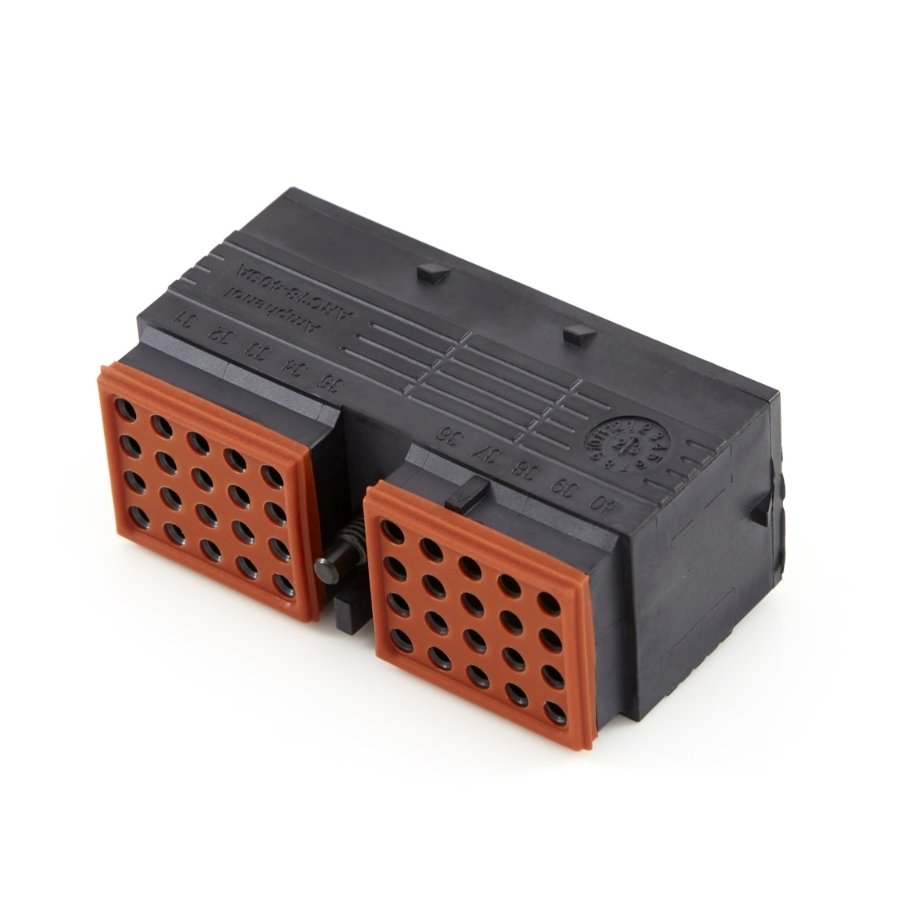
Shown at above: A high-density 40-position ARC Series™ connector plug from Amphenol Sine Systems.
Environmental Conditions. Will the connector be exposed to extreme temperatures, moisture, brake fluids, antifreeze or other potential contaminants or corrosives? You can manage these factors by choosing connectors that are constructed to succeed under the anticipated conditions. Check to see if the connector has an Ingress Protection rating that ensures its long-term performance without particle or liquid intrusion.
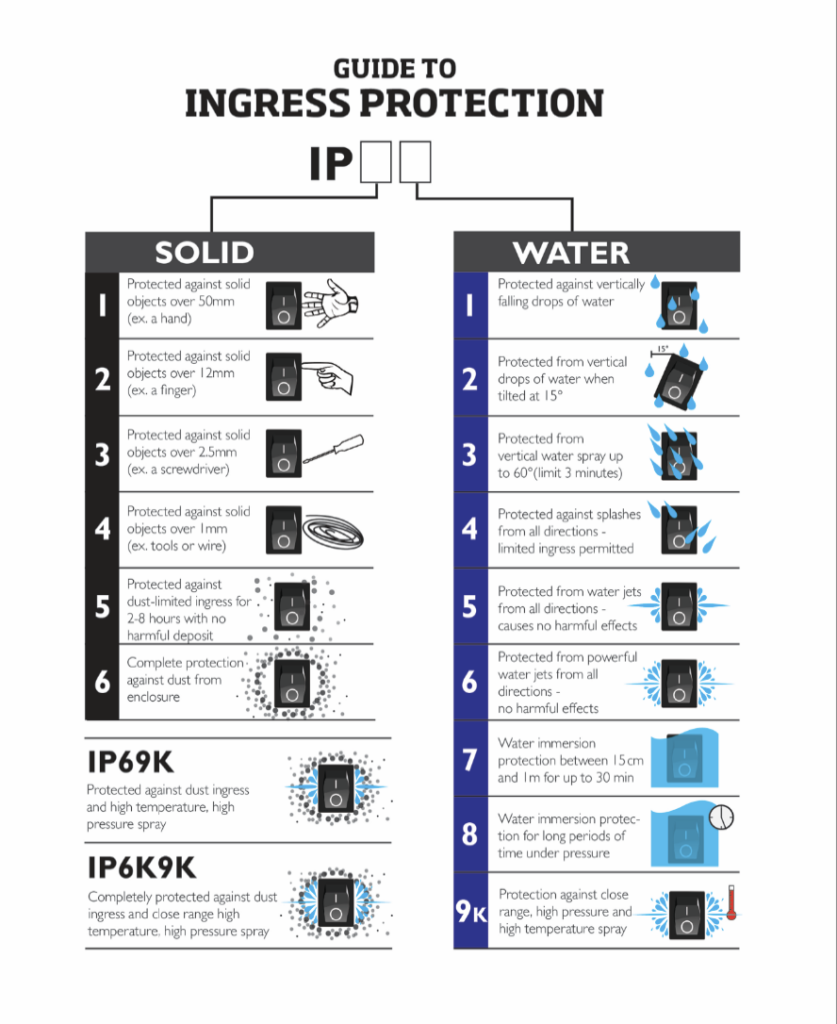
Click on the IP chart at above to see an enlarged version.
Mechanical factors. Automotive connectors are often subjected to ongoing jostling and vibration, especially when used in heavy-duty vehicles and equipment. Connectors are available with a variety of lock and mating mechanisms to ensure they stay coupled and that the wiring inside stays connected. Many connectors are also built with strain relief features to prevent excessive wire bending or fraying at the ends of the connector. For more details see What to Look for in a Heavy-Duty Connector.
Type of termination. Proper termination of wires to the connector’s contacts is crucial. Soldering, crimping, or screw-on terminals each have their advantages and limitations in terms of signal integrity and ease of assembly. To learn more about crimp terminations, see How to Crimp Wires.
Material. Automotive connectors are typically made with plastic or metal housings.Plastic is a low-weight option that offers relatively high levels of strength and durability for a variety of applications. Metal may be preferred for use in heavy-duty applications such as construction, agricultural, and forestry.
Below: DuraMate connectors from Amphenol Sine Systems are an example of connectors that are available in both metal (DuraMate AHDM) or plastic (DuraMate AHDP) housings.
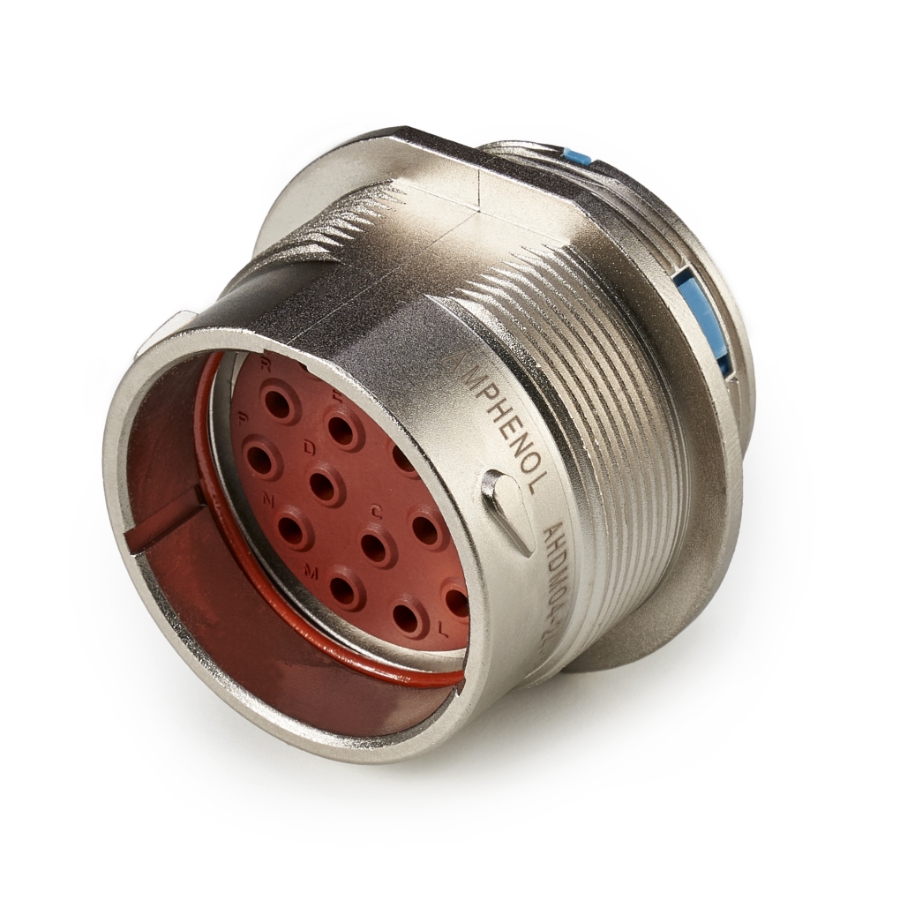
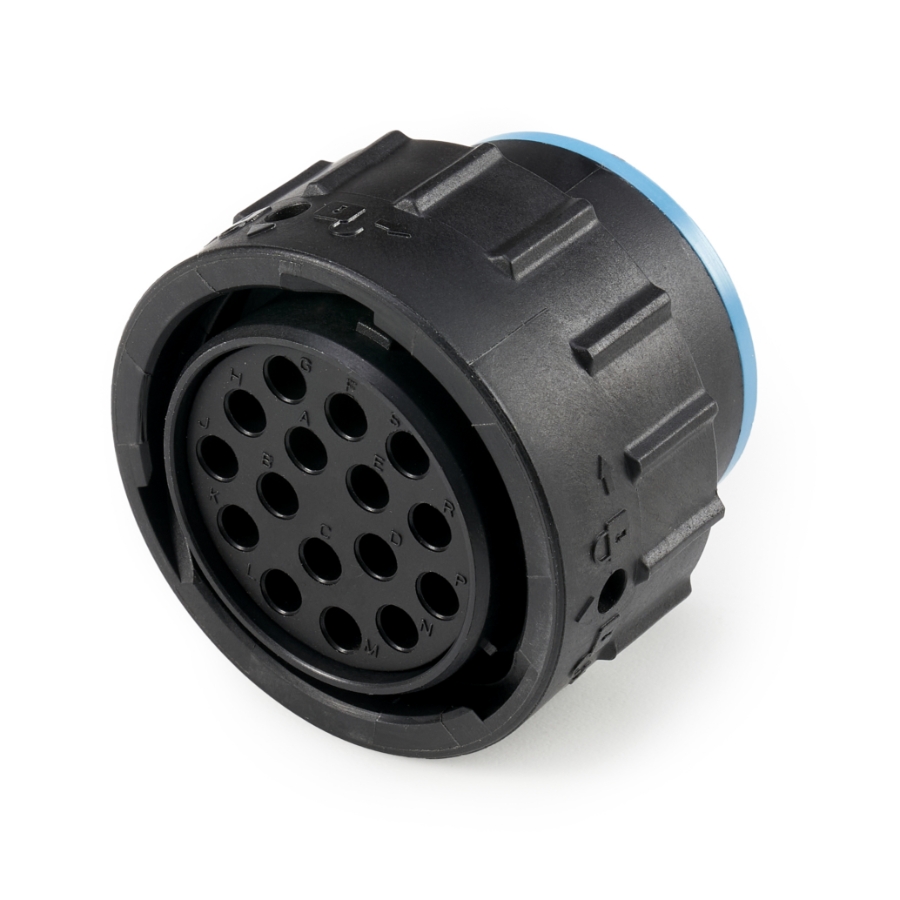
Signal integrity. Low contact resistance is essential for minimal signal loss. Look for connectors with high-quality, low-resistance contact materials like gold or silver-plated alloys. Specialty connectors for high-speed data transfer should also be constructed to ensure low capacitance and inductance. See related articles Hybrid Connectors 101 and CAN Bus Cables and Connectors.
Interchangeability. Diversity of offerings in the marketplace means you don’t need to be tied to a connector brand that is hard to source or subject to excessive lead times. Today’s top manufacturers such as Amphenol Sine Systems make products that are not only compatible with other standard systems, but often introduce new features and technical advancements.
To learn more about these and other aspects of choosing and installing automotive connectors, see Automotive Electrical Connectors—A Comprehensive Exploration, a webinar available on demand by Waytek and Amphenol Sine Systems.
Also explore the A Series™ Family of Connectors from Amphenol Sine Systems in stock at Waytek.


